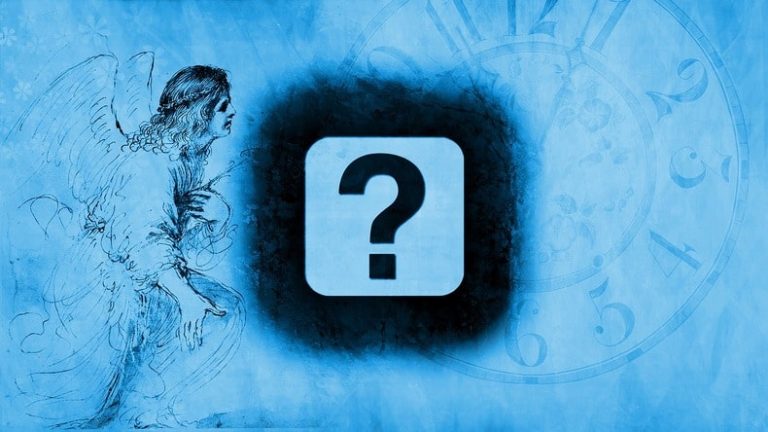What Is A Background Check?
Do you need a background check? That is a question that many people ask themselves. The answer is: it depends. There are many reasons why someone might need a background check. Maybe you’re hiring a new employee and want to make sure they are qualified for the job. Or maybe you’re considering dating someone and want to know more about their past. Whatever the reason, a background check can provide valuable information about someone’s history.
1. Why do people use background checks?
There are many reasons why people might choose to conduct a background check. For example, employers often run a background check on potential new hires in order to ensure that they are not hiring anyone with a history of criminal activity. Landlords may also conduct background checks on prospective tenants in order to ensure that they are not renting to someone who has been evicted in the past. Additionally, people may use background checks when considering entering into a business relationship with someone new or when considering dating someone new. Ultimately, background checks can provide peace of mind by helping people to avoid getting involved with someone who has a history of bad behavior.
2. What information does a background check include
A background check typically includes several key pieces of information. First and foremost, a background check will typically include an in-depth criminal history report, which can reveal a person’s previous arrests or convictions. In addition, a background check may also include information about a person’s credit history, including any outstanding debts or bankruptcy filings. Other details that may be included in a background check include education history, past addresses, social media profiles, and professional references. Overall, the goal of a background check is to paint a comprehensive picture of an individual that allows potential employers or lenders to make informed decisions about that person.
3. How to get a background check done
There are several different ways to get a background check done. The easiest way is simply to utilize online tools, which allow you to run a simple online search of public records. This can be useful if you only need to check up on someone with a relatively clean criminal history. If you need to do a more thorough investigation, however, it may be better to work with a private investigator familiar with local information sources. Depending on the level of accuracy and detail you require, this process can take a few days up to several weeks or even months. Ultimately, the best course of action will depend on your individual needs and circumstances, so it’s important to do your research in order to find the option that works best for you.
4. What are the benefits of getting a background check
When used properly, background checks can help to identify individuals who may have a history of violence, crime, or other dangerous behaviors. This information can then be used to make informed decisions about who to allow into your home or your workplace. Background checks can also be used to screen employees and contractors, helping to ensure that you are only working with trustworthy and reliable individuals. In addition, background checks can help landlords and property managers to screen prospective tenants, helping to prevent problem renters from moving into their buildings. Overall, background checks offer a valuable service that can help to keep communities safe and secure.
5. How to use the information from a background check
The first step is to prepare yourself by understanding what you will be looking at and why this information matters to your specific situation. Having a clear idea of what you’re trying to accomplish will help you avoid getting overwhelmed or confused by the details. Additionally, it’s important to remember that background checks are not always 100% accurate, so it’s important to approach any findings with skepticism and a critical eye. Finally, you’ll want to be sure that you have access to any necessary legal documents and other tools, such as dictionaries or translation apps, before delving into the information. Overall, by preparing ahead of time and staying focused on your goals, you can get the most out of using information from a background check.
6. Common myths about background checks debunked
Despite their widespread use, there are still a lot of misconceptions about background checks. Here are six common myths about background checks and their truth.
Myth 1: Background checks are always accurate.
Unfortunately, background checks are not always accurate. They often rely on outdated or incomplete information, which can lead to inaccuracies. In addition, they may not catch everything, especially if the person being checked has a common name.
Myth 2: You don’t need a background check to get a job.
This is not true. Many employers now require applicants to undergo a background check as part of the hiring process. In fact, some jobs will not even be offered to applicants who do not pass a background check.
Myth 3: Background checks are only for criminals.
Background checks are not just for criminals. They are also used to screen for things like financial instability or a history of drug abuse. In many cases, employers use background checks to protect themselves from liability rather than to screen for criminal activity.
Myth 4: Employment background checks are the same as criminal background checks.
Employment background checks and criminal background checks are not the same things. Criminal background checks go into more depth and may include a review of court records, while employment background checks are generally much less detailed.







